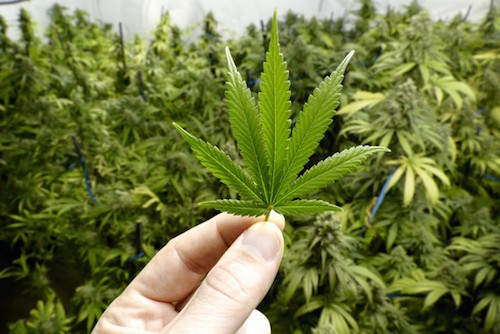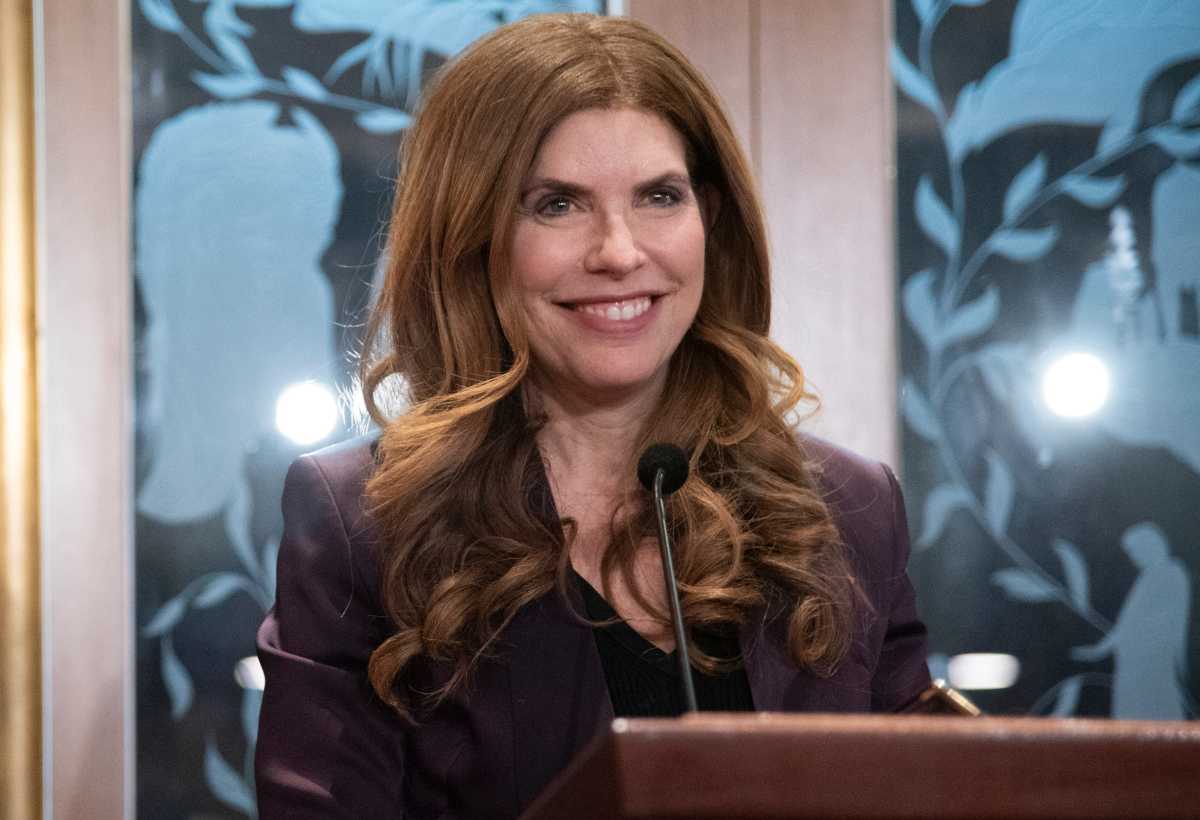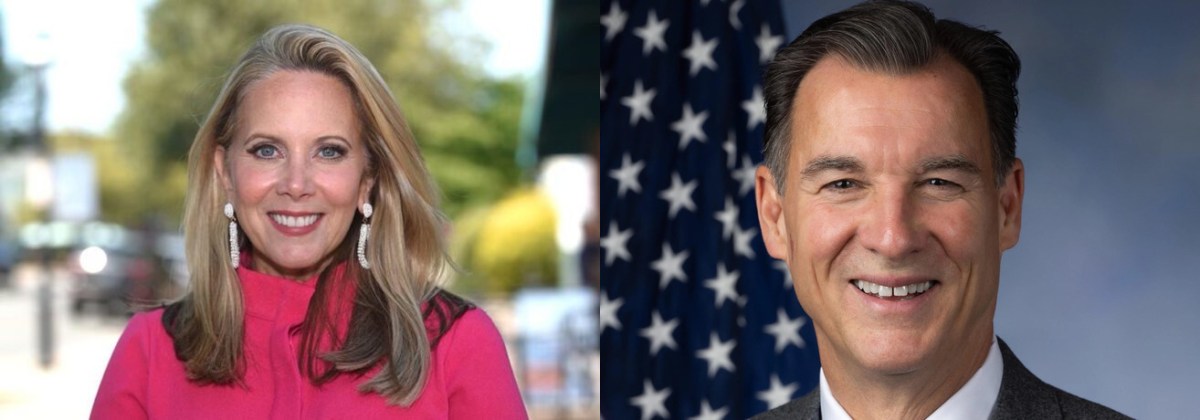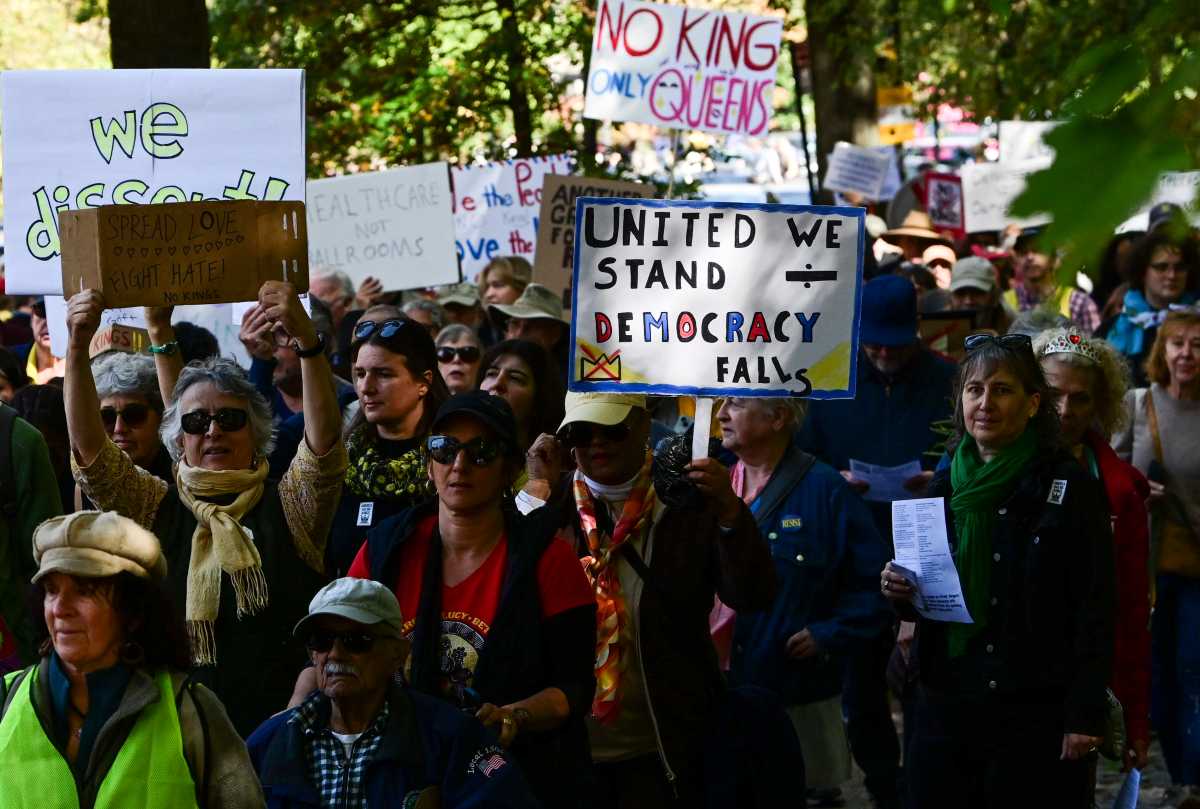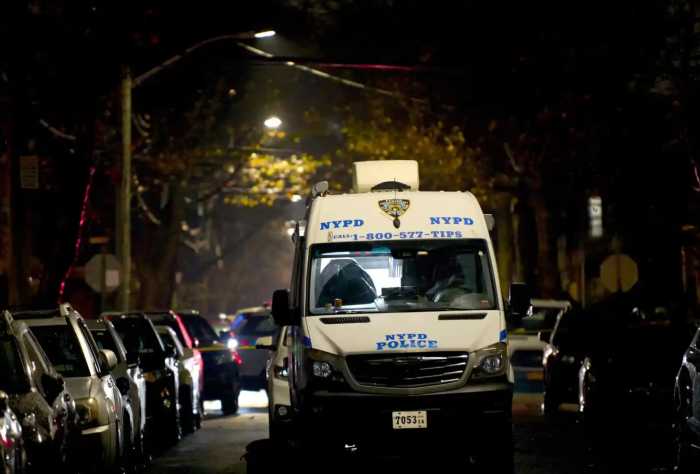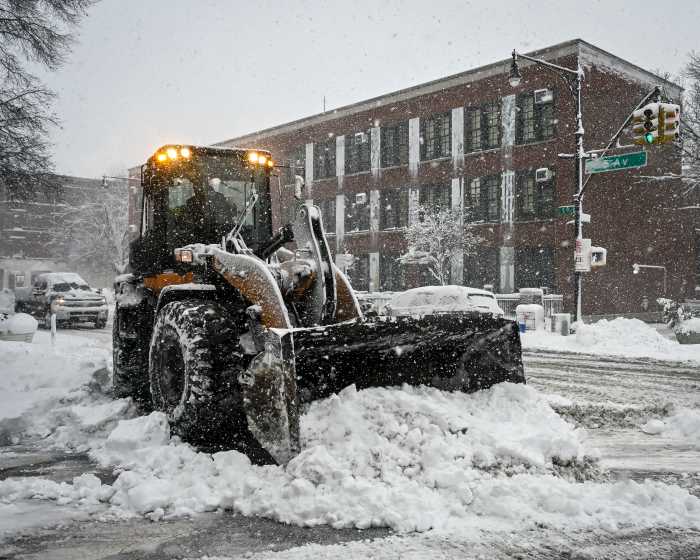Though the coronavirus emergency threatened initial plans to legalize marijuana in New York State during the 2020 legislative session, a new, last-minute opportunity has emerged.
In a Thursday press release, Senators Brad Hoylman (D-Manhattan), Jessica Ramos (D-Queens) and Jamaal Bailey (D-Bronx) joined the Legal Aid Society to tell Governor Andrew Cuomo (D) that New York “urgently need[s] marijuana legalization…rooted in racial and economic justice.”
The call comes amid reports of racial and class inequalities in coronavirus infection and mortality rates, as well as access to care for those who have it.
“Several people have been pointing out recently that the racial discrimination in marijuana arrests correlates with the disparate racial impact we are seeing with healthcare and police activity related to COVID-19 and social distancing enforcement,” said Senator Liz Krueger (D-Manhattan), the chief sponsor of a senate bill that would legalize marijuana statewide.
“They make a strong case that now is the time to fix our marijuana laws. My bill with Assemblywoman [Crystal] Peoples-Stokes (D-Buffalo) is ready to move, and I would be happy to see it come to the floor as soon as possible.”
Assembly Health Committee Chair Richard N. Gottfried (D-Manhattan), a co-sponsor, agreed. “After decades of a broken, racist prohibition model, it’s time to allow adult use of marijuana,” he said.
“It is especially critical now, when petty marijuana enforcement has long targeted the same communities disproportionately affected by COVID-19. Marijuana legalization is just one of the reasons the legislature should return to work as soon as possible.”
Meanwhile, Ryan Lepore, Deputy Director of New York City NORML, emphasized the financial benefits legalization would allow amid the pandemic. “Though complex – passing cannabis legalization is needed – the pandemic has only solidified cannabis’ importance in the framework of society – as consumers are still spending $$ on cannabis during the midst of economic hardship,” he noted.
“Legalizing immediately could allow the state and city to capture missed tax revenue, create further means of employment and lighten the operational load on the criminal justice system.”
Lepore continued. “As we have seen through the pandemic – consumers are still using cannabis – and the communities that advocates have been aiming to assist – have been further diminished due to COVID-19. With just these factors alone – the state & city is missing an opportunity to combat the negative effects of COVID-19 – through job creation, and tax revenue but most of all – ending the enforcement of cannabis that continues unnecessarily burden our criminal justice system in NY.”
Still, some people think that legalizing marijuana could affect poor New Yorkers and New Yorkers of color more than the status quo.
“The rate of infection and death among blacks and Latinos is quite high, and smoking marijuana and vaping is related to lung injuries that may exacerbate COVID-related lung injuries,” said Dr. Kara Bagot, Medical Director of the Addiction Institute of Mt. Sinai-Center on Addiction (AIMS-CoA) Alliance and Assistant Professor of Psychiatry at the Icahn School of Medicine.
“Selling, growing marijuana typically has a positive financial impact on whites, so people that have money can invest in businesses. People without criminal backgrounds. The argument that it has an economic benefit for minorities and those of lower socioeconomic status is sort of a false argument,” Bagot added.
Regardless, it is apparent that passing the bill will not be easy.
“Legalizing Cannabis does not happen overnight, and the COVID-19 pandemic will likely continue to affect our society past 2020, the approval of a regulated cannabis program – gets us closer to helping the communities that have been disproportionately affected by COVID-19 and over-policing,” said Lepore.
“Tax Revenue, Job Creation and a de-burdening on our criminal justice system are now needed more than ever – so immediately implementing a legal cannabis program would align with the state’s ability to recover in the coming years post-COVID-19″


